Waking up with aches and pains is not the only daily reminder that your body is aging. You had to buy those readers so that you could see the words that used to be so clear and you find yourself asking people to repeat themselves because your hearing isn’t the same. Signs of aging are due to the accumulated damage to our bodies at a cellular level over time. Some have more damage than others depending on what their life has exposed them to. Gradually, we notice a decline in physical and mental capacity as well as an increase in diseases associated with age.
Can We Prevent Age-Related Disease?
Age-related disease and conditions might include obesity, diabetes, heart disease and cognitive decline. What if there was a controllable factor that is contributing to these age related diseases? What if there was something you could improve and therefore, decrease or delay the onset of “aging” issues? Inflammaging has been found as a link and underlying cause of age-related disease and we have the ability to address it.
Inflammaging is a term used to describe the chronic low-grade inflammation that occurs as we age. This type of inflammation is different from the acute inflammation that occurs in response to an injury or infection, but it can still have significant negative impacts on our health.
What is Inflammaging?
So, what is inflammaging and how does it contribute to the development of disease? When our bodies are exposed to infections, injuries, or other sources of stress, the immune system responds by producing inflammation. This helps to protect the body and promote healing. However, as we age, our immune systems become less effective at controlling inflammation, leading to a state of chronic low-grade inflammation. This chronic inflammation can damage our cells and tissues over time, increasing the risk of age-related diseases.
What Causes Inflammaging?
Research has shown that there are several factors that can contribute to the development of inflammaging. These include a poor diet, lack of physical activity, chronic stress, tobacco use, and alcohol consumption. These factors can lead to an imbalance in our immune system, which can then result in chronic low-grade inflammation. By making healthy lifestyle choices and managing these risk factors, it may be possible to reduce the risk of developing age-related diseases.
Ways to Decrease Inflammaging
To combat inflammaging, it is important to focus on maintaining a healthy lifestyle. This includes eating a diet that is rich in fruits, vegetables, and other whole foods, as well as getting regular physical activity. Regular physical activity has been shown to reduce inflammation in the body and improve overall health. Getting enough quality sleep and utilizing stress management techniques, such as meditation or yoga, can also be helpful in reducing inflammation.
Certain supplements and natural remedies may also be effective in reducing inflammation. For example, omega-3 fatty acids, turmeric, and ginger have all been shown to have anti-inflammatory effects. However, it is important to speak with a healthcare professional before starting any new supplement regimen. Let’s schedule a call.
There is no fountain of youth and it’s not possible to completely prevent the natural aging process. However, there are steps we can take to reduce the negative impacts of inflammaging and improve our overall health as we age. By focusing on a healthy lifestyle and incorporating anti-inflammatory strategies, we can improve our chances of living a healthy, active, and fulfilling life.
https://www.ncbi.nlm.nih.gov/pmc/articles/PMC6146930/






